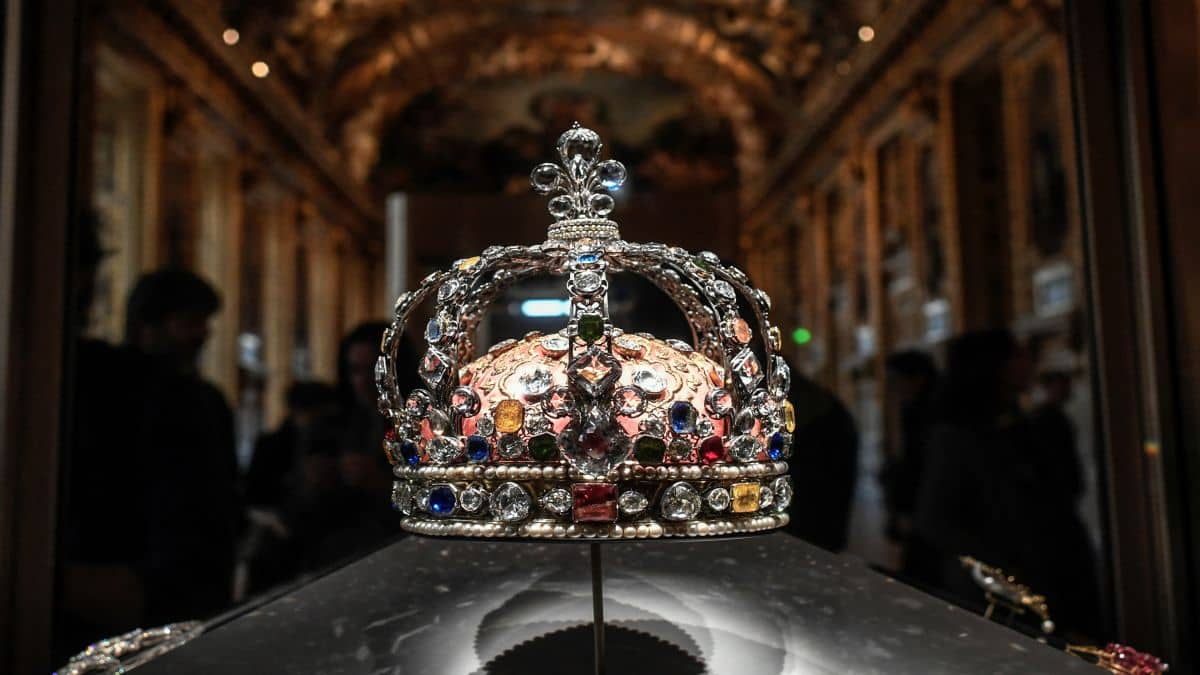For workers who wished to go to Saudi Arabia, there was one constant fear — the kafala system. However, not any more. That’s because the Kingdom has abolished this system, which many critics compared to modern-day slavery.
The reform was first announced in June 2025 and has now come into effect, which is expected to enhance migrant welfare and labour rights across the kingdom.
But what exactly is the kafala labour system? What changes has Saudi Arabia introduced?
Kafala labour system, explained
The kafala system is a legal framework that has for decades defined the relationship between migrant workers and their employers in all Arab Gulf states, barring Iraq. Introduced in the 1950s, the idea behind it was to drive cheap, plentiful labour to these nations, with proponents saying it benefitted local business and helped drive development.
Today, the kafala system primarily applies to blue-collar and low-wage migrant workers, especially those in domestic work, construction, hospitality, cleaning, and other manual labour sectors.
The word kafala is derived from Arabic meaning “sponsorship”. It also traces back to Islamic jurisprudence on legal guardianship and other matters. This system arose in various Gulf countries such as Bahrain, Kuwait, Oman, Qatar, Saudi Arabia, and the United Arab Emirates, as well as Jordan and Lebanon, and regulates the treatment of foreign workers.
Under this system, the state gives local individuals or companies sponsorship permits to employ foreign laborers (except in Bahrain, where workers are sponsored by a government agency rather than individual employers). The sponsor covers travel expenses and provides housing, often in dorm-like accommodations or, in the case of domestic workers, the sponsor’s home.
In each of the countries, the kafala system varies slightly. In Saudi Arabia, kafala workers are not allowed to join any kind of union or worker committees. Moreover, they are not given minimum wage, neither are they covered under labour laws. Kafala workers are also not allowed to change or quit their job for at least one year — it’s two years for domestic workers.
Critics call for abolition of kafala
However, not everyone is in favour of this labour sponsorship model. Many have even called it “modern slavery,” saying mistreatment arises from the sponsor-worker power imbalance and sponsors’ legal impunity.
Workers who arrive in Saudi Arabia on the kafala system are bound to their employers — in the most physical sense of the word. Workers require written consent from their sponsors to change employers or exit the country under normal circumstances. In many cases, the workers’ passports are confiscated for the duration of their contract. Workers live under constant worry, as they depend on their sponsors (kafeels) to remain in the country legally.
Often times, the kafala system puts the migrant workers in substandard living conditions — such as crowded dorms, with little to no safety norms being followed. This puts them at greater risk of contracting illnesses. Many lack adequate health care.
There’s also been cases where sponsors sometimes illegally sell a worker’s visa to another employer while remaining the official sponsor. The new employer might not keep to the same terms as the original one, requiring different types of work or providing lower wages.
And in all these situations, the migrant worker is left with no legal restitution. There have been several cases in which authorities have failed to charge and prosecute sponsors for breaking laws and breaching contracts.
In fact, several human rights organisations and even the International Labour Organization (ILO) have accused the Gulf countries, including Saudi Arabia, of enabling forced labour and human trafficking under the guise of sponsorship.
Most activists noted that women workers were significantly affected by the kafala system. They face isolation and limited legal protection.
The kafala system and the atrocities caused by it was even highlighted in a Malayalam-language film, Aadujeevitham, which depicts the real-life story of an Indian immigrant in Saudi Arabia who is kidnapped and forced into slave-like labour as a goat herder in the desert.
Changes to kafala system in Saudi Arabia
But now, Saudi Arabia has decided to dismantle the kafala system, introducing some landmark changes for foreign workers. It also follows Qatar, which changed its labour laws right before hosting the 2022 Fifa World Cup.
So, what changes now in Saudi Arabia?
The Kingdom has said that it is replacing kafala with a contract-based employment system that empowers the workers.
Now, foreign workers will have more freedom to change jobs as they can will be allowed to a new employer without needing approval from their current one. Employees will also be allowed to leave the country without an exit visa or sponsor consent.
Workers will have improved access to labour courts and complaint mechanisms. The contract will be legally enforceable, granting employees the ability to claim their rights directly through enforcement courts.
The reforms are part of the country’s Vision 2030 initiative, aimed at modernising the economy. Many have praised Crown Prince Mohammed bin Salman for introducing the change, but have emphasised that implementation and monitoring will be crucial.
Indians largely to benefit from abolition of Kafala
The abolition of the Kafala system in Saudi Arabia is expected to benefit a whopping 13.4 million migrant workers, who make up nearly 42 per cent of its population. For years, the Kingdom has heavily relied on foreign workers, be it in construction or domestic duties, with most of them hailing from India, Nepal, Bangladesh, and the Philippines.
In fact, as late as 2023, the total number of Indians working in Saudi Arabia was 2.65 million, making them one of the largest concentrations of expatriates in West Asia. Of this 2.65 million, most work in construction or other manual labour jobs. This 2.65 million is a jump from the previous number of 2.4 million in 2022.
And with the abolition of Kafala in Saudi Arabia, it means that the Indian workers will be provided with not only better living conditions but also better work conditions. Moreover, it will also make Saudi Arabia an even more attractive option amongst Indians looking to work abroad.
All in all, it seems the end of the Kafala system will be a win-win for both sides.
With inputs from agencies


)

)
)
)
)
)
)
)
)



